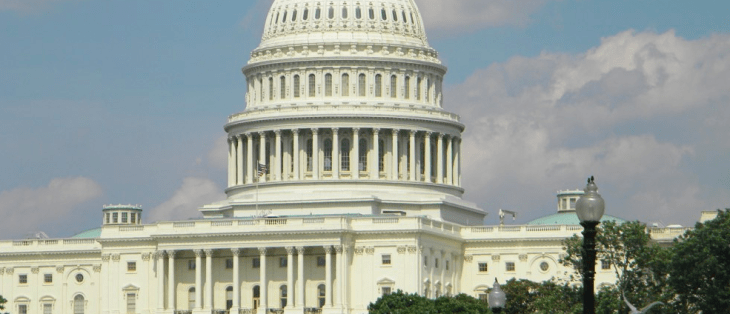Imgur, the popular photo-sharing service, today filed comments with the FCC concerning net neutrality, arguing against paid prioritization and in favor of Title II reclassification of ISPs as utilities. To see a non-ISP technology company speak in that manner isn’t surprising. But Imgur’s comments are worth noting for their candor, as well as discussion of the impact of paid prioritization on its birth its future operations.
Imgur‘s arguments regarding paid prioritization — those ‘fast lanes’ that you have heard about — and its early days are what you might expect: When it had limited financial resources, the company would not have been able to compete fairly with incumbent players had fast lanes existed, given the ability of its wealthier competition to purchase faster access to customers.
Here’s the relevant excerpt from the letter:
“[N]et neutrality enabled Imgur to launch and to thrive. As a college student, Alan lacked the financial means to pay for fast lanes to provide his service to other users online. He was able to launch the service as a low-cost experiment, and build on its success as it grew organically.
Net neutrality also enabled fair competition between Imgur and existing products in the space. Imgur was able to grow quickly because it was a fast, easily accessible, and simple option that competed on the same footing as other image uploading services. As an experimental side project, [Imgur’s founder] would not have been able to afford the speed of access necessary to compete with other established businesses in the space.”
That story applies to any technology company that competes with large players that control the market. Or, put another way, net neutrality matters the most where paid prioritization would have the most distorted impact — the powers that are ripest for disruption are the precise parties that would be able to use fast lanes most defensively.
Fears about larger players abusing paid prioritization are in Imgur’s past, you might think, given that it has raised $40 million from Andreessen Horowitz, and it is a top 25 website in the United States? It doesn’t think so.
Imgur argues that two-tiered access to the Internet for technology companies would leave it with two options: “to pay for ‘fast lane’ access in order to compete on the same footing as competitors, or to opt not to do so.” In its estimation, either option would leave its business “significantly harmed.”
Paying for fast lane access would be expensive enough to harm Imgur’s growth, it expects, while not paying would have non-cash costs that would be materially detrimental.
More importantly, Imgur doesn’t think that it can fight ISPs over unfair treatment, due to its comparatively small size. It lacks the resources and legal team to do so. From the letter:
As a preliminary matter, the Imgur team does not have the legal expertise to exercise these rights to challenge discrimination on the part of ISPs, and to do so would impose a heavy burden. At present, Imgur has no in-house counsel, and works with a small outside practitioner with no telecommunications experience. As a small startup, the company simply lacks the resources to expend on developing a sophisticated in-house team to negotiate with ISPs within the United States and abroad.
Even if Imgur could build the needed legal team, there are practical limitations on the speed and cost of bringing challenges in the event that an agreement cannot be negotiated. Imgur relies on the ability to quickly deliver service to users everyday at the same speeds as its larger, more well-resourced competitors. It cannot afford to engage in a months or years-long challenge against considerably larger ISPs with legal teams experienced in telecommunications law to simply achieve equal access. Imgur could well go out of business before such a challenge could be resolved
That’s an under-discussed side to paid prioritization. Companies with legitimate complaints, and therefore a good shot at winning in court, might lose given their comparatively limited resource pool. Even for companies that could afford a suit, the required time and expense could be an unreasonable expense.
More than 1.1 million comments have been filed with the FCC. Imgur’s notes will be added, therefore, to a large pile. But that doesn’t mean they won’t have an impact. We’ve heard from large companies on either side of the net neutrality divide, while Imgur’s comments come more from a tech firm trying to accelerate out of its adolescence.
The FCC has a number of roundtables set up in the coming weeks to solicit more feedback on net neutrality. Strap in.
IMAGE BY FLICKR USER TTARASIUK UNDER CC BY 2.0 LICENSE (IMAGE HAS BEEN CROPPED)
